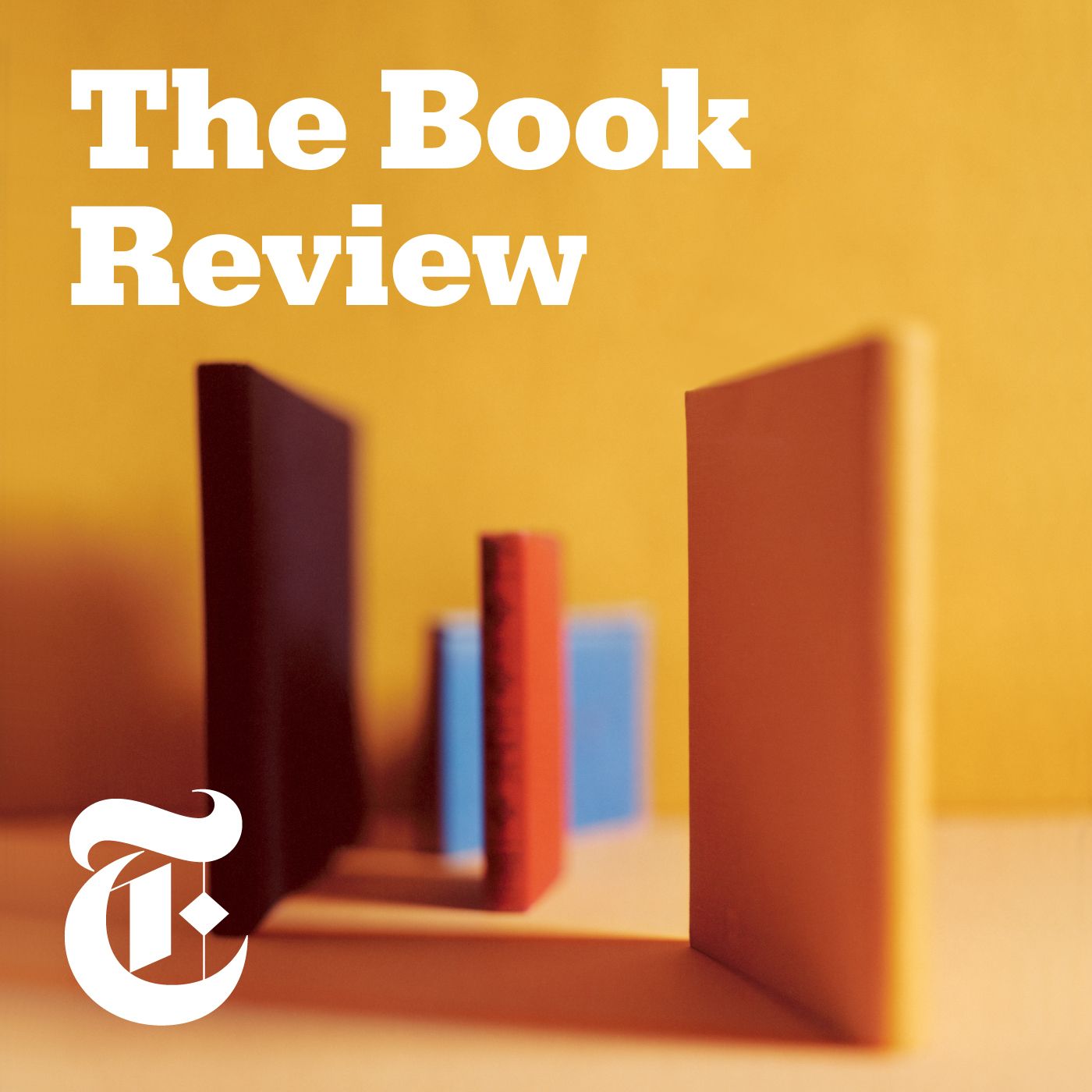N.K. Jemisin on Multiverses, Revolution and the ‘Soul’ of Cities
For the next few months, we’re sharing some of our favorite conversations from the archives. This week we turn the mic over to our sibling podcast “The Ezra Klein Show,” for a discussion that aired last month between Klein and the novelist N.K. Jemisin.The novelist and former Book Review columnist N.K. Jemisin is one of the most celebrated science-fiction and fantasy writers at work today: The winner of multiple Hugo Awards — including an unprecedented three in a row for her remarkable “Broken Earth” trilogy — she is renowned for her ability to build fictional worlds that reflect the complex social and political dynamics of our own. Her latest novel, “The World We Make,” is a sequel to “The City We Became,” and like that book it examines the ways cities come to take on their own personalities and characters, and how they respond to the forces threatening those identities. Jemisin visited “The Ezra Klein” show in October to discuss the books and the real world that informed them. “I felt like writing about our world,” she told the host Ezra Klein. “And if I’m going to do that, then I would do the world a disservice by treating it as some fantasy land. I don’t want to depict New York, as much as I love it, as all joy and all light and all happiness.”We would love to hear your thoughts about this episode, and about the Book Review’s podcast in general. You can send them to books@nytimes.com.

